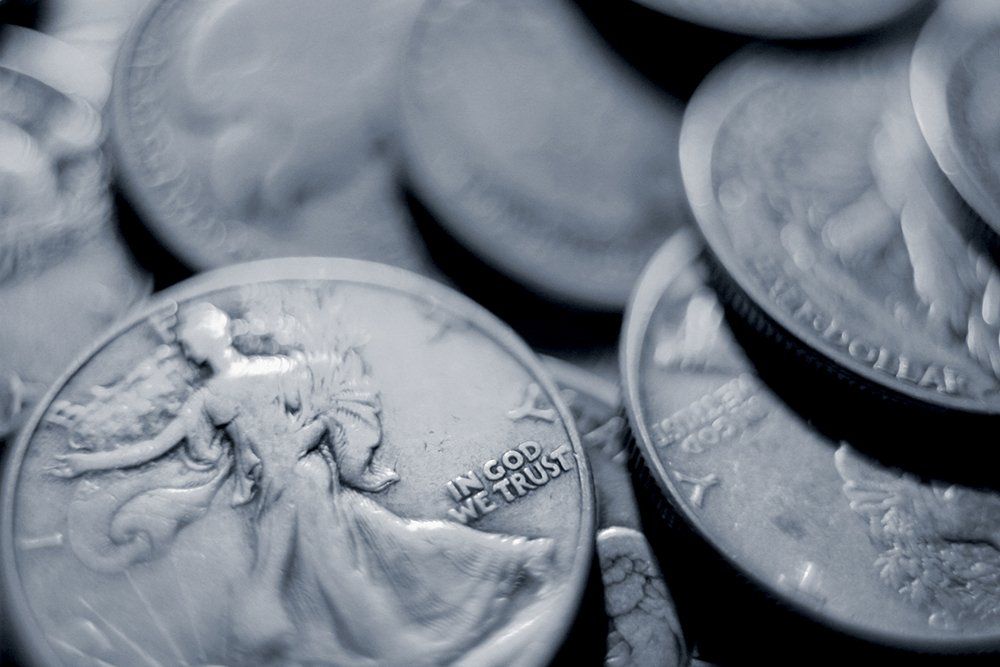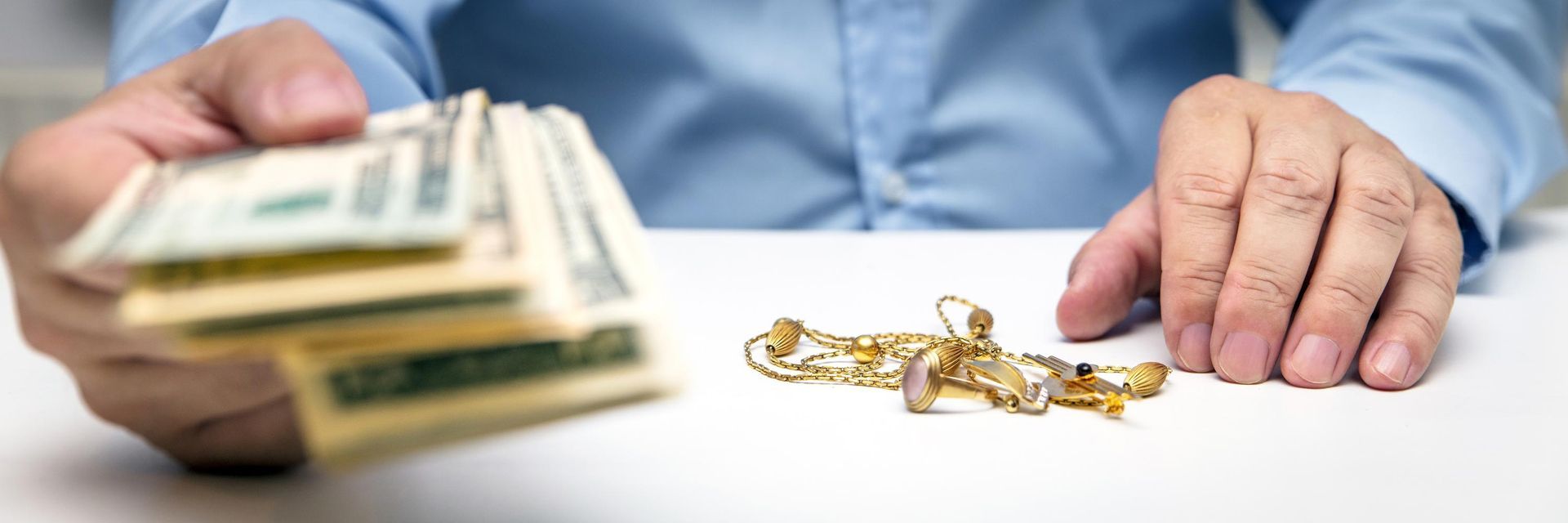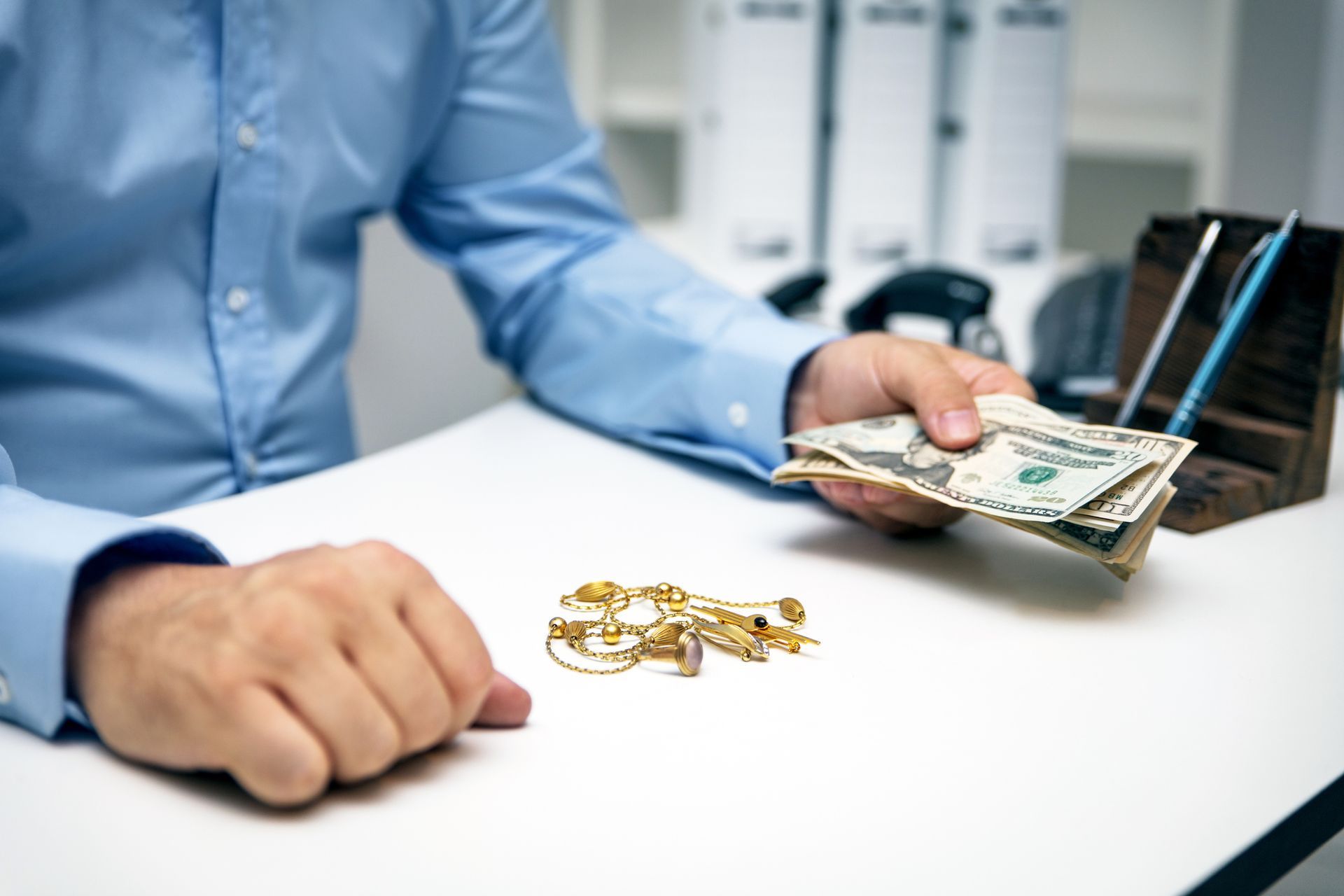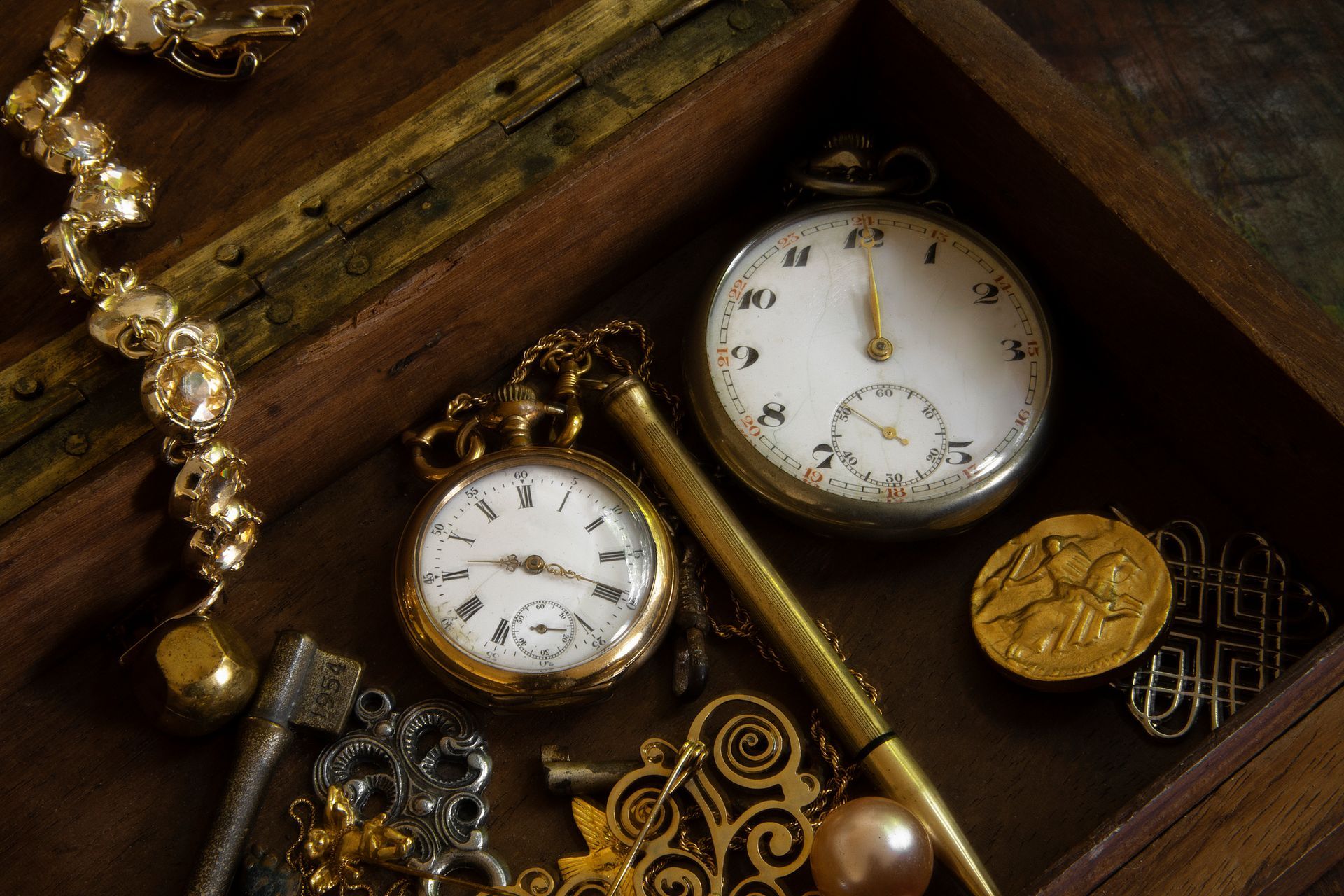Make Extra Cash Pawning These Unusual Items
- By Admin
- •
- 13 Jul, 2019
- •

Pawn shops regularly trade in jewelry, electronics, and firearms (if they're licensed to), but these common goods are far from all that pawn shops will buy and sell. Here are some more unusual items that you can pawn for extra cash.
Junk Silver Coins
Junk silver coins aren't just any random coinage you have in a drawer. This is a semi-technical term that refers to certain older United States coins that have high silver content. Generally speaking, these coins include pre-1965 half-dollars, quarters, and dimes. All of these are made of 90 percent
silver, whereas today's minted coins have much less silver in them.
Because silver has a high value right now and because of how much silver is in these coins, the coins are worth more than their minted face value. Although laws prohibit the melting of pennies or nickels, refiners can legally melt these dimes, quarters, and half-dollars for their silver content.
Since they know these coins can be immediately sold for their silver content, most pawn shops will buy junk silver coins. Don't expect to get full spot value for the silver content because the pawn shop and refiner must both make some profit. You can likely get well above face value if you have any of these coins, though.
Because silver has a high value right now and because of how much silver is in these coins, the coins are worth more than their minted face value. Although laws prohibit the melting of pennies or nickels, refiners can legally melt these dimes, quarters, and half-dollars for their silver content.
Since they know these coins can be immediately sold for their silver content, most pawn shops will buy junk silver coins. Don't expect to get full spot value for the silver content because the pawn shop and refiner must both make some profit. You can likely get well above face value if you have any of these coins, though.
Historically Significant Artifacts
While far from typical, historically significant artifacts sometimes turn up in pawn shops. In fact, some impressively significant artifacts have been discovered in pawn shops including:
- The first Latin American Nobel Peace Price
- The humidor from John F. Kennedy's presidency
- The Grammy Award given to Peter Tosh
- Two letters written by Aaron Burr
- A wooly mammoth fossil
Leather and Fur Clothing
Leather and fur clothing isn't cheap, with some articles costing hundreds or thousands of dollars. If well cared for, however, these pieces can retain much of their value for a long time. Jackets, coats, lederhosen, chaps, boots, and other articles can even be handed down from one generation to another in many cases.
Because leather and fur clothing is expensive and lasts, it can be resold and is pawnable. Not all pawn shops will take in this type of clothing but some do and a few even specialize in it. If you have unwanted leathers or furs, finding a pawn shop that will buy them may be well worth your time.
Because leather and fur clothing is expensive and lasts, it can be resold and is pawnable. Not all pawn shops will take in this type of clothing but some do and a few even specialize in it. If you have unwanted leathers or furs, finding a pawn shop that will buy them may be well worth your time.
Wedding Dress
Wedding dresses have become extremely expensive, with the average dress costing around $1,100. As a result, a secondary market where old wedding dresses are bought and sold has sprouted.
Pawn shops aren't the epicenter of this preowned wedding dress market, but some are willing to buy and sell dresses when the opportunity comes along. If you have a former wedding dress that you're no longer emotionally attached to, you can probably find a pawn shop that will buy it. This may be an especially attractive option if you were formerly married but are since divorced.
If you're going to sell a wedding dress, take it to a pawn shop before the wedding season.
Like all brick-and-mortar retail businesses, pawn shops only have so much floor and storage space. Most won't want to hold onto a wedding dress for six months in hopes that it sells next wedding-planning season. If you bring it in when brides are looking for dresses, though, a shop will likely be more interested in it.
If you're interested in pawning common or unusual items, contact 2 J's Pawn & Gun.
Pawn shops aren't the epicenter of this preowned wedding dress market, but some are willing to buy and sell dresses when the opportunity comes along. If you have a former wedding dress that you're no longer emotionally attached to, you can probably find a pawn shop that will buy it. This may be an especially attractive option if you were formerly married but are since divorced.
If you're going to sell a wedding dress, take it to a pawn shop before the wedding season.
Like all brick-and-mortar retail businesses, pawn shops only have so much floor and storage space. Most won't want to hold onto a wedding dress for six months in hopes that it sells next wedding-planning season. If you bring it in when brides are looking for dresses, though, a shop will likely be more interested in it.
If you're interested in pawning common or unusual items, contact 2 J's Pawn & Gun.
If you're a gun collector or enthusiast, then you know that finding rare and collectible guns can be daunting. Read about how to find them at pawn shops.
Are you in need of some quick cash and considering selling your watch to a pawn shop? Read this blog for tips for a successful transaction.
Have you ever considered selling your jewelry to a pawnshop? Discover three things you can do to your jewelry before you sell it to a pawn shop.
Pawnshops are a great place to snag an excellent bargain. What guarantees should pawnshop customers expect from reputable pawnshops? Read on to learn more.
Often, customers can negotiate with pawn shop owners to get a lower price. Learn some ways to negotiate at a pawn shop and save money.
Do you wonder what things you can sell at a pawn shop? While pawn shops will accept most items, they don’t accept everything. Learn about what you can pawn.









